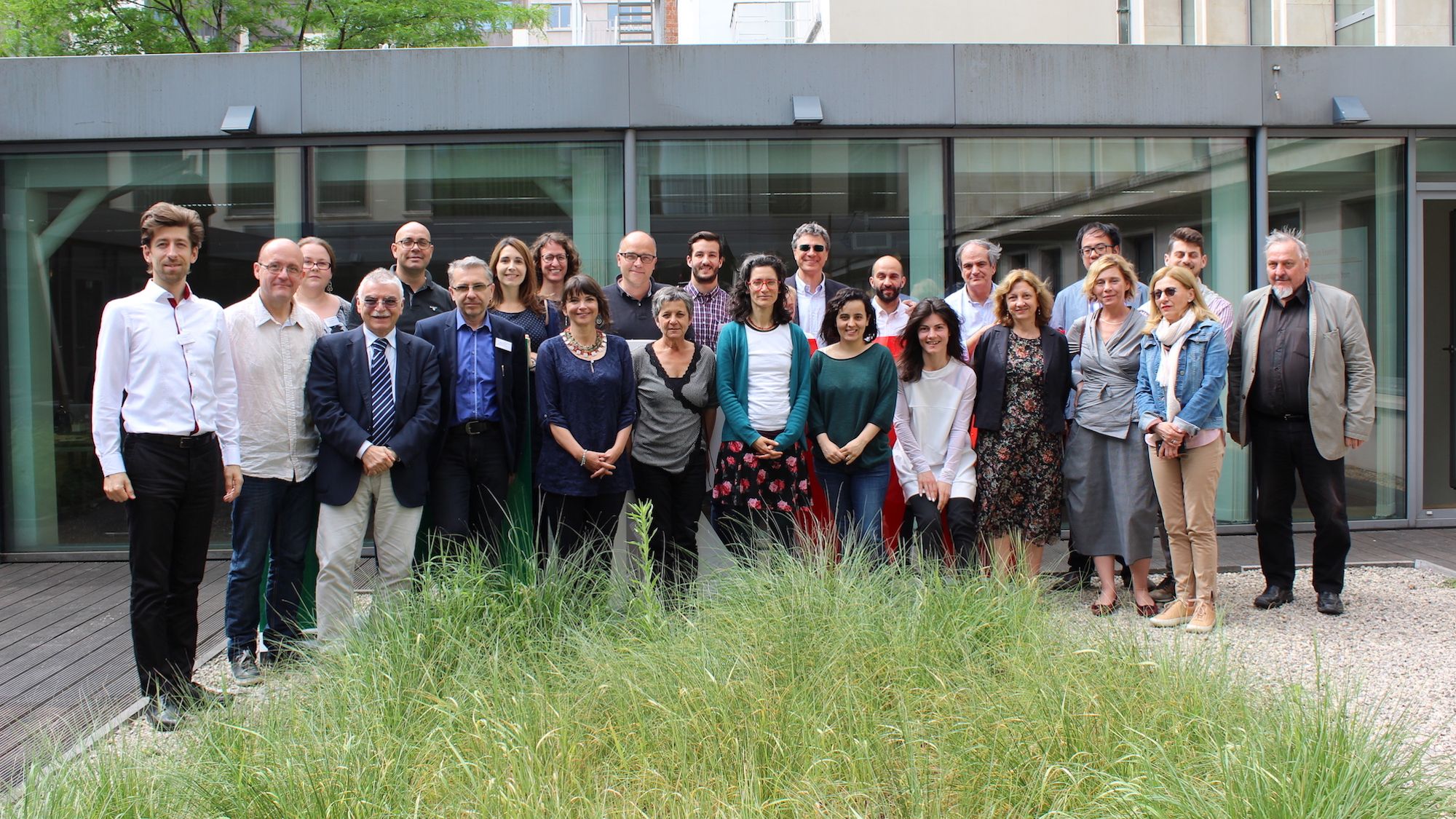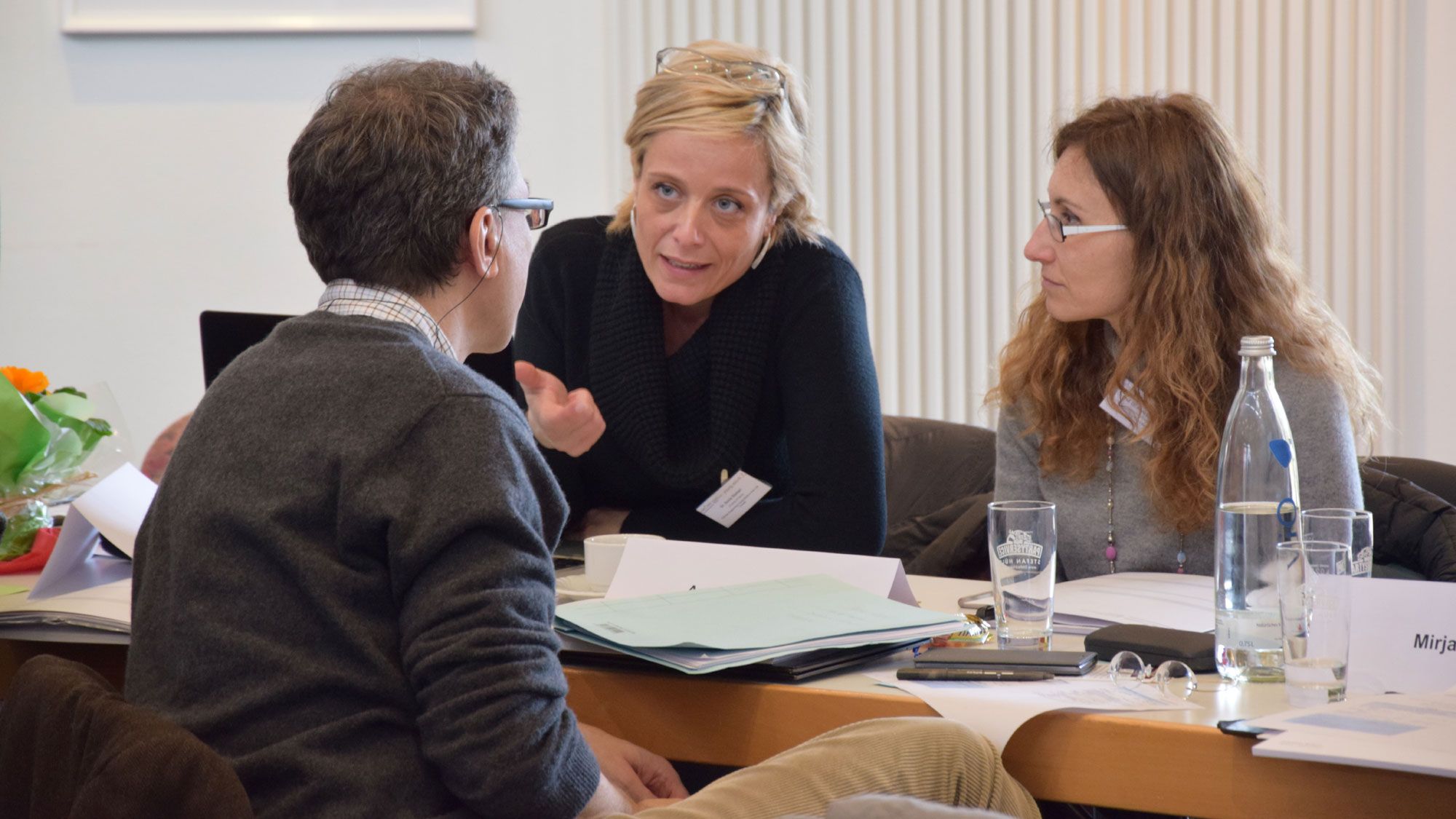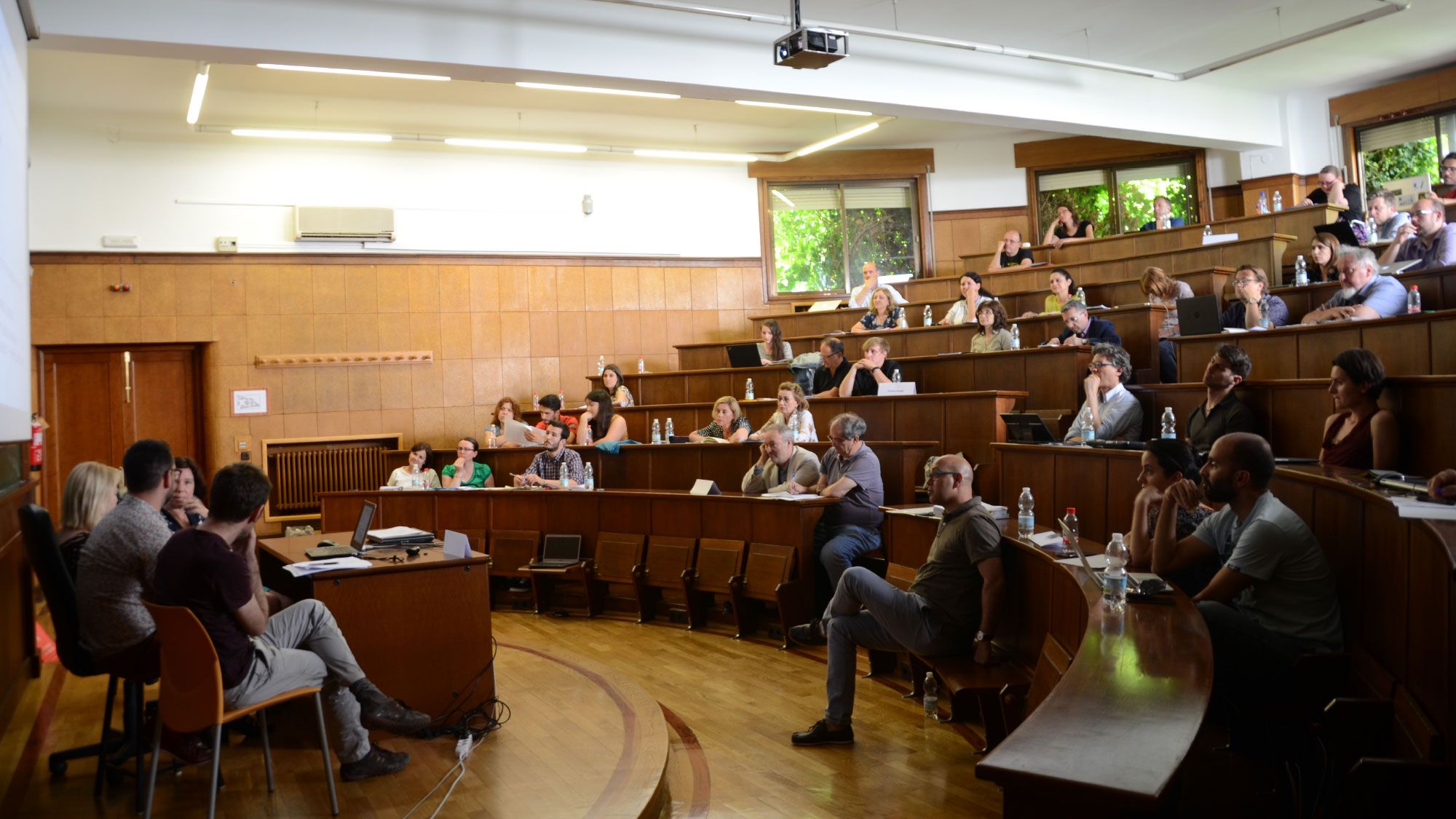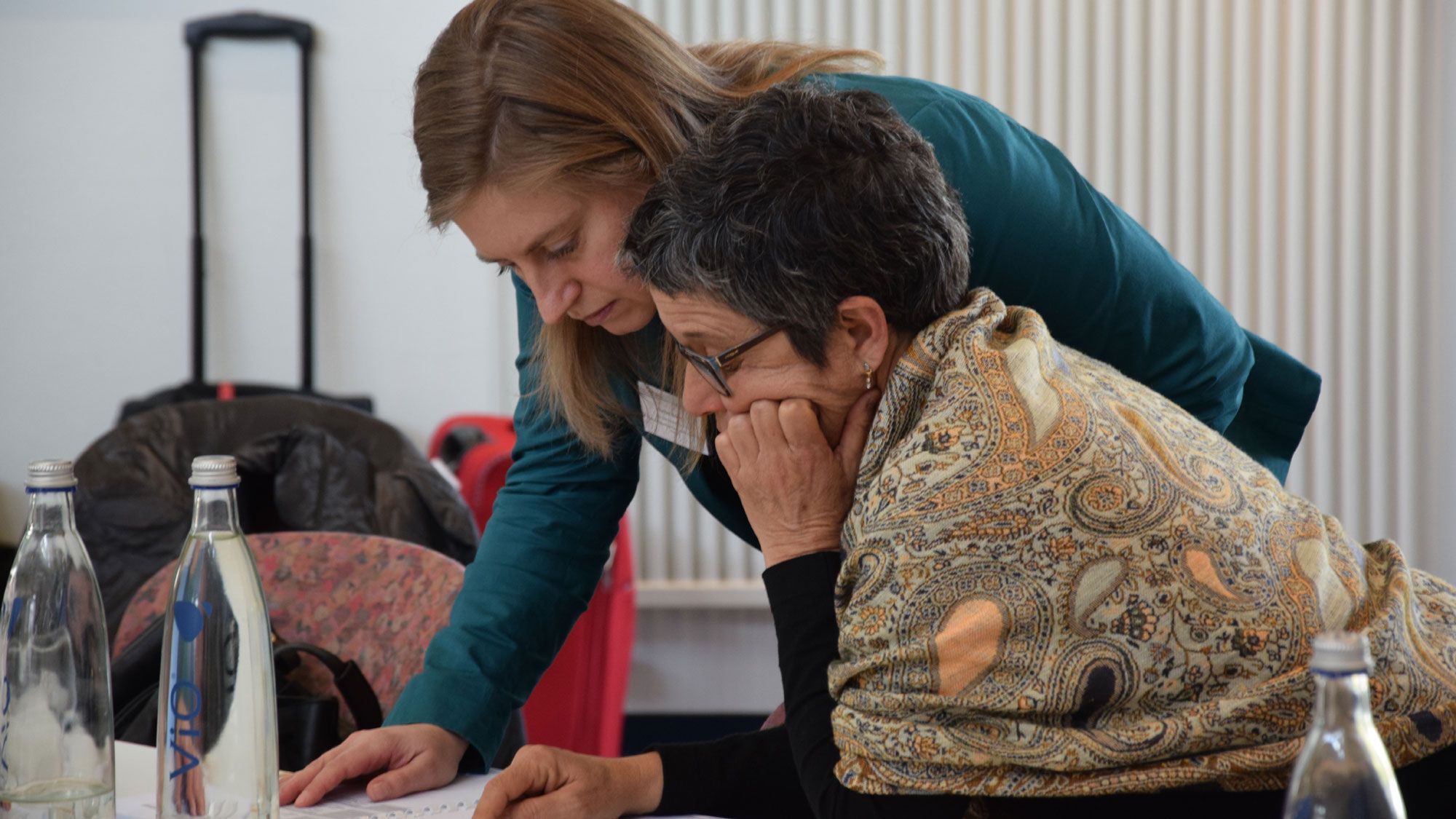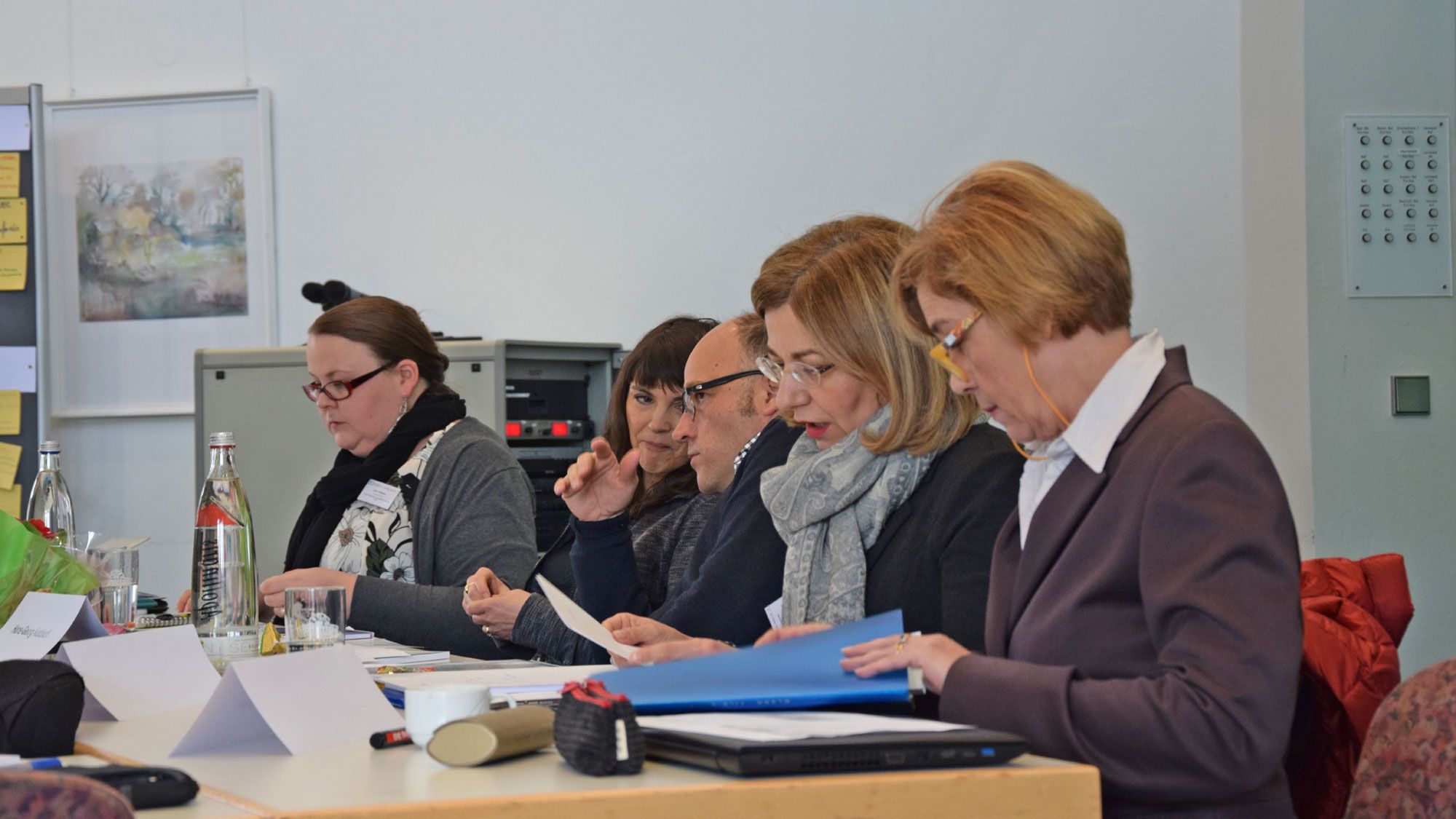New political economy of skills
The new political economy of skills is a theoretical approach that emerges as a critique of human capital orthodoxy and the knowledge-based economy discourse (Lauder et al., 2012; Guide and Livingston, 2012). Political economy authors accept the importance of education and skills for economic development, but they question the dominant discourse of the knowledge-based economy because it overestimates the extent to which nations within the global economy can create mass high-skilled employment. For political economists there is in general a growing gap between, on the one hand, peoples' increasing efforts to achieve higher qualifications and upgrade their skills and, on the other hand, the incapacity of national economies to absorb the growing pool of talent in society. The reality of the knowledge economy, contrary to what human capital would argue, is characterized by a rapid expansion of the global supply of skills that is not accompanied by the demand side (Brown et al., 2001). The demand for skills is unable to follow the pace of growth of the supply side and create enough highly qualified jobs for this highly skilled population. As a consequence of this imbalance between the supply and demand for skills, countries will need to deal with the social discontent produced by the false promise of education and skills (Brown et al., 2011), as well as the social problem of growing unemployment and underemployment among higher education graduates. This global process has consequences not only for the distribution of wealth and welfare between countries but also between social groups within countries. Education and skills development will not protect individuals from the precarization of their working conditions, and social inequalities will increase between those who have access to the best jobs and the rest of the working population. As a result of this process, the positional competition for the best jobs will grow as well as the conflict around the social distribution of opportunities and welfare.
The YOUNG_ADULLLT project focuses not only on how formulation and implementations of skills policies impact the young adults, but also on the level, the quality and the relevance of skills of the young adults developed through education and training, on the types of match and mismatch between the supply and demand of education and skills and on the level of skills (under)utilizations in the labour market. Thus, the new political economy of skills approach can be of some help in our analysis. Still, focusing on (under)utilisation of skills, their quality and relevance goes a step further than the new political economy’s approach.
First, the argument described does not relate equally to all European countries. Human capital ideas as guidance of educational policies have been extremely outspoken in the UK and Ireland (as well as the US and Australia), leading to ‘college for all’-policies. As YOUNG_ADULLLT will analyse, the degree and ways different national and regional educational policies follow a rationale of human capital is a valuable point of analysis.
Second, if we look at the acquisition of skills the generalisation between ‘high’ and ‘low’ (e.g. according to ISCED) might be misleading (e.g. in the context of nursing, an occupation learned in some European countries at university, in some others as part of vocational education when the differences in actual competence of skilled nurses do not match 1 to 1 the different systems). Here YOUNG_ADULLLT’s approach, focusing on the actual acquisition and utilisation of skills in the different structural contexts, goes beyond human capital approaches as well as the new political economy’s critique. Relevant research will be provided on the social developments affecting the young adults. The role of different actors and structures involved in the design and delivering of education and training programs will also be defined.
References
Brown, P., Green, A., Lauder, H., (2001). High skills: globalization, competitiveness, and skill formation. Oxford, New York: Oxford University Press
Brown, P., Lauder, H., Ashton, D.N., 2011. The global auction: the broken promises of education, jobs and incomes. New York: Oxford University Press
Lauder, H., Lauder, P. of E. and P.E.H., Young, M., Daniels, H., Balarin, M., Lowe, J. (2012). Educating for the Knowledge Economy? Critical Perspectives. Routledge.
Livingstone, D.W., Guile (2012). The knowledge economy and lifelong learning a critical reader. Rotterdam, Boston: Sense Publishers
(Oscar Valiente, Lars Heinemann, Uwe Bittlingmayer & Alina Boutiuc)











